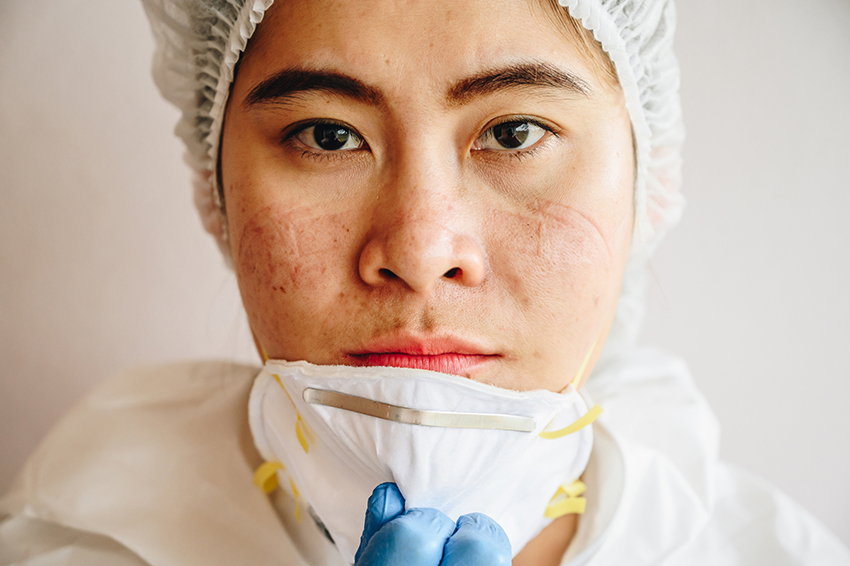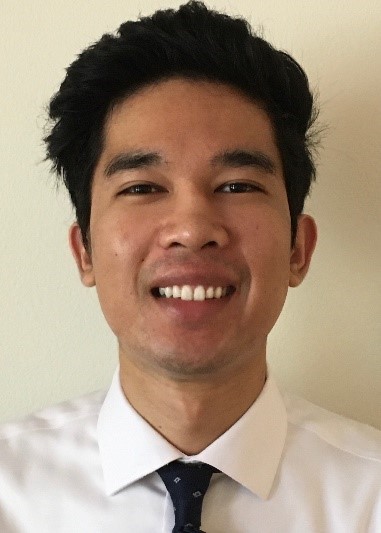
Since the start of the COVID-19 pandemic, many issues have been brought into the public eye. From the healthcare system’s limits to the systemic racism that plagues the country, the pandemic has slowed life down and forced many to confront these problems. One issue that has flown under the radar is the Asian American and Pacific Islander (AAPI) healthcare worker (HCW) experience during the pandemic.
The violence and harassment towards members of the AAPI community during the pandemic have received some media attention as misinformation and misleading vocabulary used by some leaders and media have scapegoated AAPIs for causing the COVID-19 pandemic.1 Less often considered or covered is their effect on AAPI HCWs, who make up 1 in 5 physicians and 1 in 11 nurses in the US.2 In addition to erroneously being blamed for the pandemic, AAPI HCWs have had to deal with patients refusing their care, being called racial slurs, and being spat on.3,4 Sadly, patients are not the only source of discrimination as microaggressions and negligent statements from fellow coworkers have occurred as well.5 Although these are not “headlining” examples of xenophobia, they are still examples of discrimination that eat away at those inflicted. The fear of physical and verbal abuse has discouraged many AAPI HCWs from going to work.
Unfortunately, life outside of work does not change the hate experienced. In a study by California State University, San Bernardino (CSUSB) that compared anti-Asian hate crime in the first quarter of 2021 to the same quarter a year before, there was a 164% increase in 16 of the largest cities and counties in the US.1 Living through harassment at work and then living in fear of violence when returning to one’s community describe the experience of AAPI HCWs. Yet, one may argue that once the pandemic ends, so shall the hate experienced by AAPIs. Although a tempting thought, it is one that neglects the long-rooted history of AAPI scapegoating during outbreaks.
During the smallpox outbreaks of the 19th century, Chinese Americans became scapegoats. A similar account occurred for Japanese immigrants during the early 1900s as they were associated with the bubonic plague. From the time the US colonized the Philippines in the late 19th century, US health officials referred to Filipinos as “incubators of leprosy” and used this rhetoric to justify the colonization by white Americans who would bring sanitation to the Philippines.3
When some US government leaders use terms such as the “Kung flu” or “Chinese virus” to describe COVID-19, it is very difficult to view this as anything else but anti-AAPI rhetoric. History has shown that hostility towards AAPIs often arises during times of outbreaks. Even if the pandemic were to come and go, the underlying issue of AAPI discrimination may eventually manifest itself later in American history as we have seen in the past.
The first step towards ending this hate is acknowledging that it is a problem. With President Joe Biden signing the COVID-19 Hate Crimes Act on May 20, 2021, the US government took the first step in acknowledging that this hate against the AAPI community is an important and prevalent issue.6 In healthcare, recovery from racial trauma experienced can be facilitated in environments that are intentionally made to be safer and trustworthy in order that the voices of those who have been hurt will not go unheard. Additionally, it is vital to equip healthcare supervisors and leaders with the tools to help listen, guide, and support AAPI HCWs through their trauma.4 One step that anyone and everyone can take is to evaluate and confront their own biases. Only then can individuals recognize the hate experienced by AAPI HCWs and begin to address the bigotry, violence, and scapegoating faced by members of the AAPI community who have worked tirelessly during the pandemic to care for the sick.7,8
Author Bio:

Randy Sihotang
Randy Sihotang is a second-year medical student at Loma Linda University School of Medicine. He graduated from La Sierra University with a degree in Biology: Biomedical Science and has a growing interest in healthcare worker diversity and social determinants of health. When not studying, he enjoys keeping up with his favorite sports teams.
References:
- https://www.cnn.com/2021/05/21/us/asian-american-health-care-workers-hate-crimes-trnd/index.html
- https://research.newamericaneconomy.org/report/aapi-americans-on-the-frontlines/
- https://news.berkeley.edu/2020/04/09/racist-harassment-of-asian-health-care-workers-wont-cure-coronavirus/
- https://thehill.com/changing-america/opinion/499156-hero-and-villain-an-asian-american-doctors-perspective-on-being
- https://www.nature.com/articles/s41591-021-01424-4
- https://www.npr.org/2021/05/20/998599775/biden-to-sign-the-covid-19-hate-crimes-bill-as-anti-asian-american-attacks-rise
- https://pubmed.ncbi.nlm.nih.gov/33538465/
- https://www.ncbi.nlm.nih.gov/labs/pmc/articles/PMC7531609/
